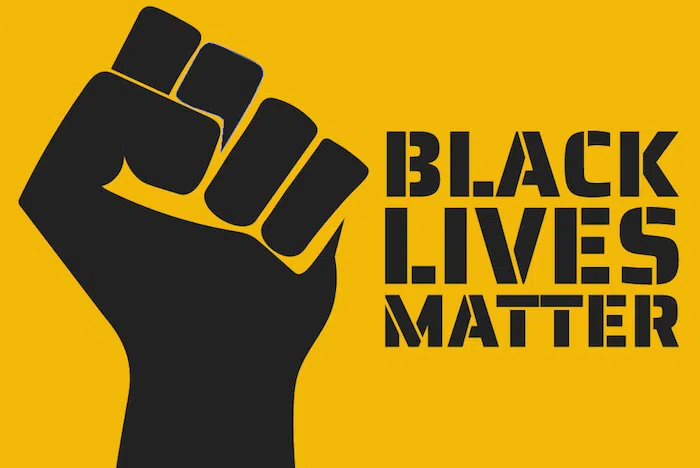
Special by TLU President Dr. Debbie Cottrell
(Seguin) — Texas Lutheran University is in the midst of one of its largest and most complex planning projects ever — considering every detail that will allow us to reopen our campus in August, providing our students with an outstanding academic opportunity within the context of a safe and healthy environment. Five specific work teams are meeting regularly to sort through the specifics, and a larger COVID-19 Planning and Response Team meets daily to assess overall progress and keep our community updated on our work.
But, however significant and demanding this work is, it is not the only critical issue before us. Our COVID-related work is unfolding alongside another equally essential and even more challenging issue. The most recent example of systematic racism resulting in the death of George Floyd, in addition to the senseless deaths of Breonna Taylor, Ahmaud Arbery, and too many other Black lives, tells us it is not enough to say that we are against racism – we must want action and take action to make a difference at this time. We must be clear that Black Lives Matter, that we support and protect Black students who are members of the TLU community, and that we oppose police brutality and systemic racism.
This has caused me to reflect on ways we can make meaningful change on our campus. It is not enough to say our core values center around diversity, equity, and inclusion. It is not enough to talk about our demographics and emphasize we have proudly become a minority-majority institution. It is not enough to bring speakers to campus or celebrate Black History month in February.
As an institution committed to learning and to faith, to preparing our students to serve in this world in ways that make a difference, located in diverse community, we have the opportunity to help in finding solutions to address our country’s racial divide.
How can we do this? I believe it begins, first, with TLU as an institution looking inward and determining what changes we need to make to strengthen both a sense of equity for all of our students, faculty, and staff, as well as further developing an ongoing process of education for all of us. While we have long taken pride in our diversity at this institution, it is clear to me that we must do more. We must find every way to serve well the richly diverse student body that we are so proud of. We need to strengthen our hiring practices so that they result in more faculty and staff of color working with and supporting our students. We need to enhance opportunities for dialogue and discussion around complex and difficult issues, so that all of us—a white woman in her 60s like me, or a black student in his early 20s who is studying here—bring proficiency and understanding to what processes contribute to racism—particularly systemic and institutional racism – and what each of us can do to combat those. We must ask our community to engage in difficult conversations, and the institution’s leadership must model learning and talking about race.
As we move through the summer months ahead and advance our planning for the fall, I will also be inviting our community—even in remote format—to join together in shared readings that address systemic racism and the need for equal justice for all. As we move forward with a new strategic plan next year, we will prioritize these issues and work to centralize our efforts to have an employee base that is more reflective of our student body and our larger community, as well as an employee base that grows and learns about how best to contribute to the development of all of our students and prepare them to be leaders in promoting equality for all. And as we move forward to return to being a vibrant and active campus, we will do so by respecting and appreciating all of our community members every day, always supporting the most vulnerable in our community and never leaving doubt of where we stand.
Along with all of this, it is my hope that we will look outward, connecting with the broader Seguin community in these and other efforts, learning from and supporting each other in this process.
In recent days, I have been asked how I have felt watching the violence inflicted upon George Floyd and the subsequent protests against racism and police brutality that have flowed from that. My emotions have ranged from heartache to profound sadness and anger. But, along with those very real feelings, I have also felt some hope—hope that a place like TLU can be part of the solution. Hope that our students are able to bring their hearts and their heads to help make the world a better place. Hope that our faculty and staff can learn and grow around this work. Hope that by acting locally, we can ensure that TLU is a part of the larger solution. And, hope that there is a way for us all to get to a better spot—by looking inward, connecting outward, taking responsibility, and doing the hard work required to end inequality, racism, and senseless violence.




